Sick of Men Being Villainized and Women Being Victimised? Me Too. Let’s look Into it a Little More Closely
Introduction
With the rise of short-form media platforms like Tiktok combined with Twitter, we have a tide of content designed to be made into sound bites which make short, sharp points without considering wider context. Consider the ban on drag being debated in America, where people were horrified by the prospect of children visiting sexually inappropriate shows. Actually, it was just performers reading books and singing Disney songs, but clickbait and people reacting angrily and on existing prejudices meant that the whole conversation became toxic and full of hate. We now also have narratives which place people into roles of “villain” or “victim”, in romantic or other ways.
Are men villains?
Allegedly, the conversation claims that men are villains and women are victims in our romantic relationships. Firstly, allow me to say that I HATE this. It’s stupid, obviously false and totally reductive. But if you’re working within an extremely limited amount of time/characters, you won’t have the opportunity to consider the nuance. Assuming all men are villains is ridiculous. Plenty of them are fine, some are horrible, and all have advantages from the patriarchal society we live in. Because of intersectionality, this will present in different ways: gay men will have challenges straight men don’t have to deal with; men of colour often report feeling forced into a hypermasculine mindset where their feelings are repressed and they’re expected to be stronger than everyone else.
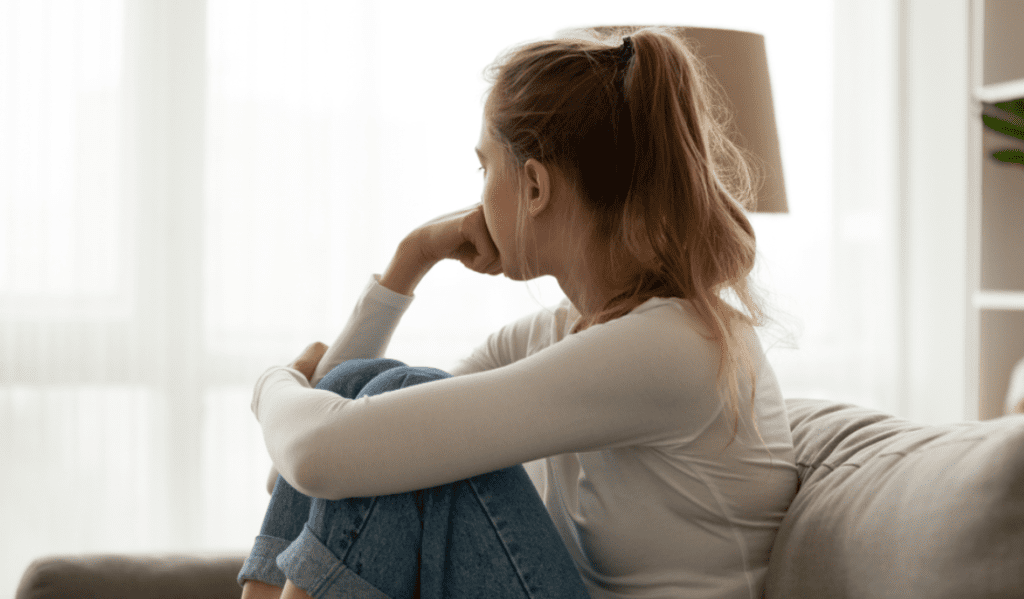
Are women victims?
Similarly, all women aren’t victims. I would argue that this comes down to mindset. Study after study has shown that the majority of ladies have experienced some form of unwanted attention or sexual harassment, ranging from verbal misogyny to rape. Some women will categorise this as a crime they have been a victim of, others think of it as a terrible experience they survived, and others may be in denial about what happened. Multiple things can be true at once. The concept of victimhood is a powerful one, and I feel that it is often not treated with the nuance it requires. Being a woman doesn’t automatically make you a victim, but a patriarchal society with ingrained sexist tendencies will treat almost all women and AFAB people badly.
Is everyone a villain?
We all villainize people from time to time. Someone like Charles Manson was both man and a villain, and Elizabeth Bathory was a woman and a villain. All rapists are villains – there’s no defence for that. Outside of those committing horrifying acts of violence, I would argue that most people fall on a scale where their behaviour is sometimes selfish or strange, but rarely cruel for its own sake. We may joke about our exes being monsters or the devil, but perhaps they were just bad in bed and a bit crap at texting. A story gets exaggerated for effect, sad feelings over broken hearts twist well-meaning fuck-ups into acts of sadism and suddenly, your arch nemesis is a little guy named Albert whose worst trait is slurping soup.
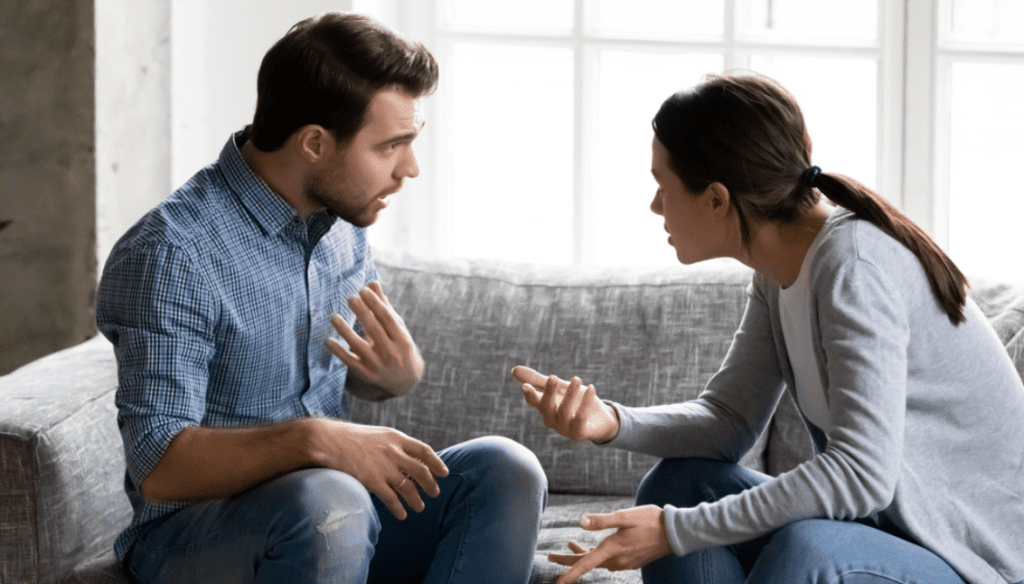
Is it bad to make a hero?
While we villainize some people, we start to worship others. An understanding that people contain multitudes is lost and instead hard, black-and-white lines are drawn where we only understand others as heroes and villains. To put anyone on a pedestal could probably be argued to be as problematic as to villainize them because that’s a huge amount of pressure that nobody could ever live up to. If we take the idea of a romantic partner, your ex-boyfriend is the villain because he kissed someone else after a couple of beers and your new boyfriend is the hero because he went down on you. At some point, everyone makes mistakes, and most people do little acts of kindness.
How is the victim/villain mentality affected by the patriarchy?
Within this context, there is a clear gender bias. The overwhelming attitude seems to suggest that women are good and men are bad. Understandably, some men feel upset by this and will retaliate by either demonising women or denying their troubling experiences. None of this is really helpful. I think the way to move forward is for everyone to realise that terrible acts are not limited to gender (or any other group) and accept that we live in a society that provides protection for some and exploits others.
Conclusion
Gender-based victimhood is much more complicated than all of this, and I know that I’m barely scratching the surface. So here’s what I’d recommend. Delete Twitter, and don’t get your opinions from TikTok. Instead, read up on feminist theory (bell hooks is a good place to start), and improve your critical thinking skills by consuming news from a variety of different outlets. Be kind to those who have suffered, punish those who deliberately inflict pain, and try to remember that things are always more complicated than they appear.

Rachel Hall, M.A., completed her education in English at the University of Pennsylvania and received her master’s degree in family therapy from Northern Washington University. She has been actively involved in the treatment of anxiety disorders, depression, OCD, and coping with life changes and traumatic events for both families and individual clients for over a decade. Her areas of expertise include narrative therapy, cognitive behavioral therapy, and therapy for traumatic cases. In addition, Rachel conducts workshops focusing on the psychology of positive thinking and coping skills for both parents and teens. She has also authored numerous articles on the topics of mental health, stress, family dynamics and parenting.



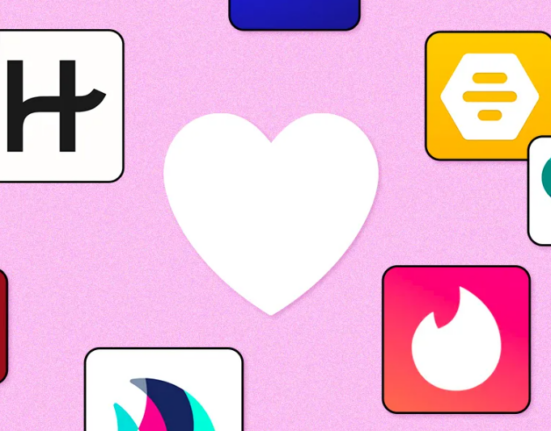



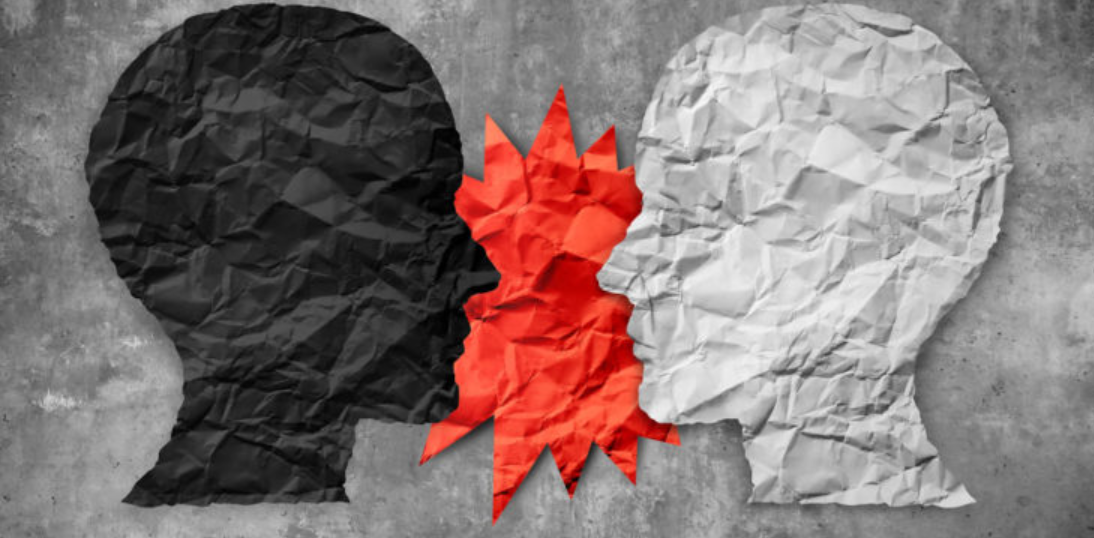

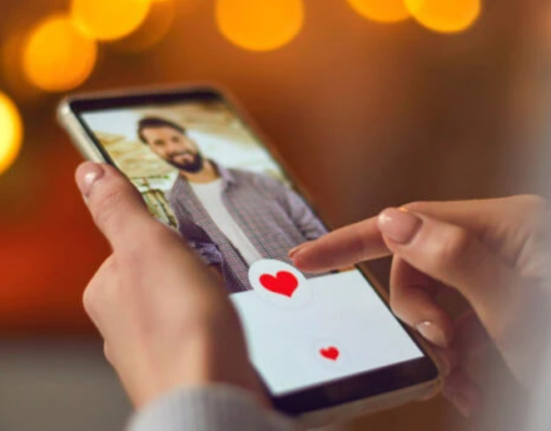
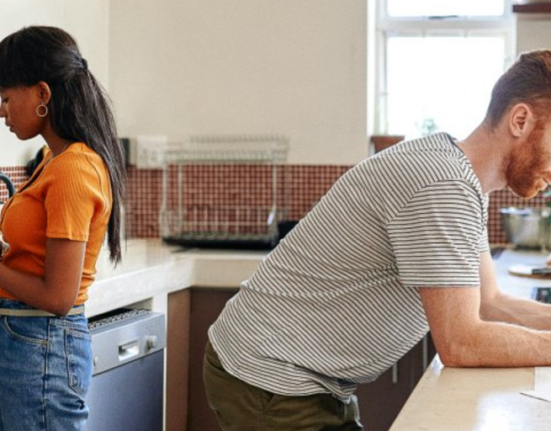

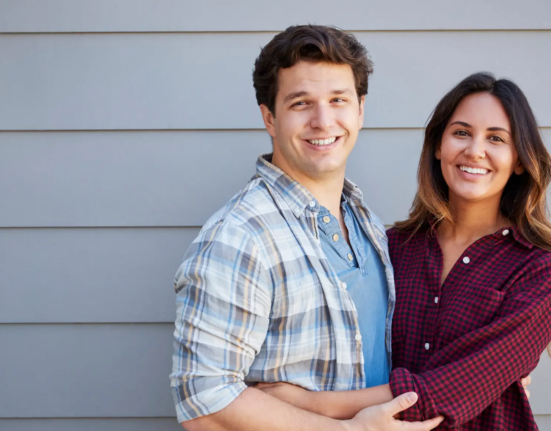

Leave feedback about this